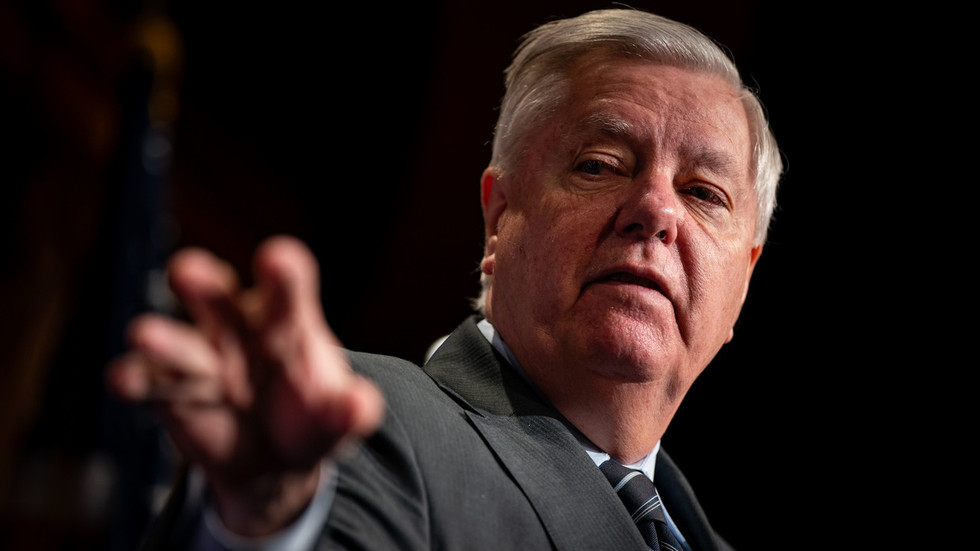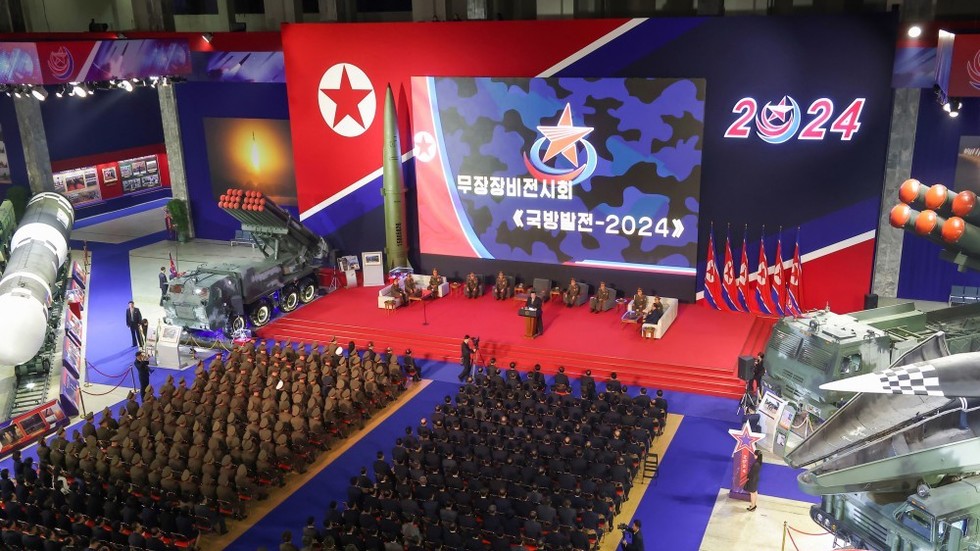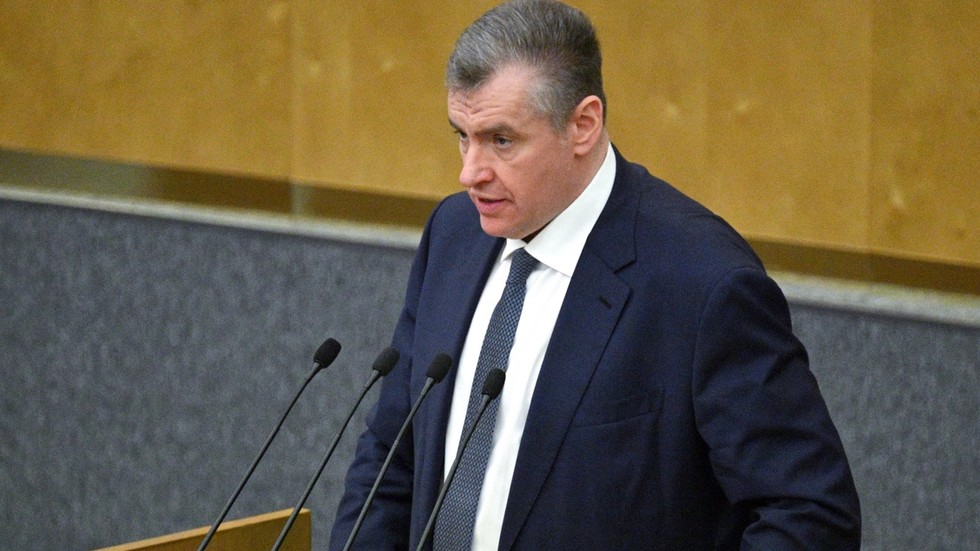Colombo:
Sri Lanka will vote in a snap general election on Thursday, called by new President Anura Kumara Dissanayake to secure a majority in parliament to back his policies in the island nation struggling to recover from a crushing financial crisis.
Here are the key steps in the process in which 17.1 million Sri Lankans are eligible to elect lawmakers to the 225-member parliament for a five-year term:
Snap election
Dissanayake dissolved parliament on September 24 to clear the way for the general election, days after the Marxist-leaning leader was elected president on a platform for change. The election became necessary as Dissanayake had just three lawmakers in the outgoing parliament - whose five-year term was due to end in Aug. 2025 - and needed a fresh mandate to push his policies.
Campaigning ended at midnight on Monday, 48 hours before election day.
Number of eligible voters
Sri Lanka has 17.1 million voters who are eligible to participate in the election. About 1 million of them are first-time voters.
Election process
Voters directly elect 196 members to parliament from 22 constituencies under a proportional representation system. The remaining 29 seats will be allocated according to the island-wide proportional vote obtained by each party. A voter can cast up to three preferential votes for candidates contesting from their party of choice.
Voting and counting
Votes are cast at thousands of polling stations amid tight security. They will be counted by government employees after polling ends, supervised by Election Commission officials, election monitors, and representatives of candidates.
Voting begins at 7 a.m. local time (0130 GMT) and ends at 4 p.m. (1030 GMT), with counting scheduled to start shortly after.
Declaration of results
The Election Commission will formally announce the winning party, likely on Friday. A cabinet is expected to be formed immediately afterwards and the new parliament will convene on Nov. 21 to elect a speaker. President Dissanayake will also present a throne speech outlining his key policy priorities to the new parliament on the same day.
(Except for the headline, this story has not been edited by NDTV staff and is published from a syndicated feed.)

 1 week ago
4
1 week ago
4









